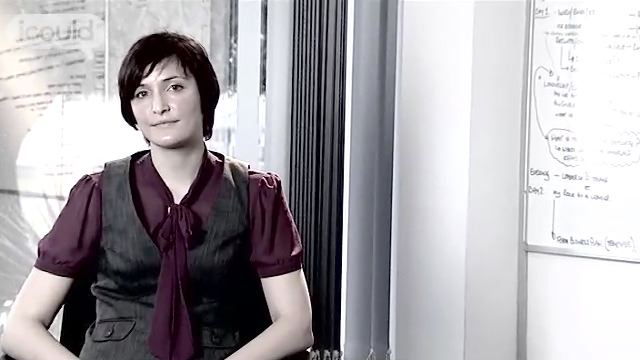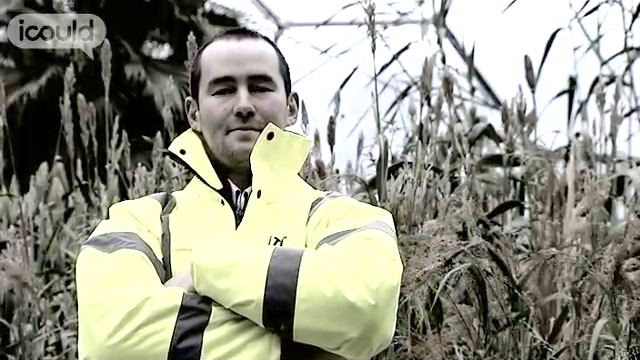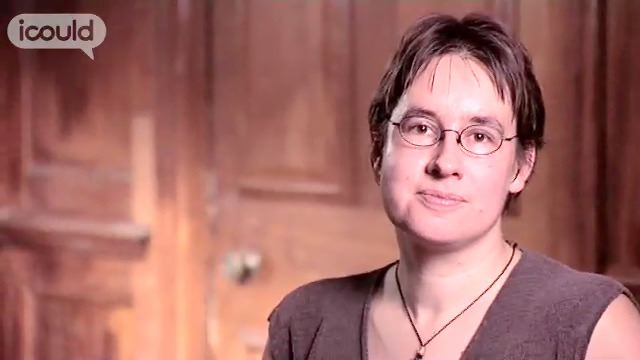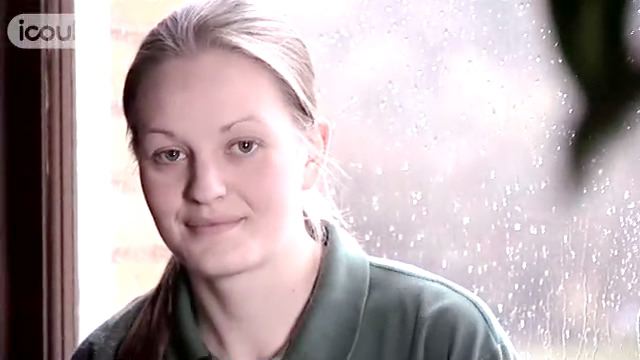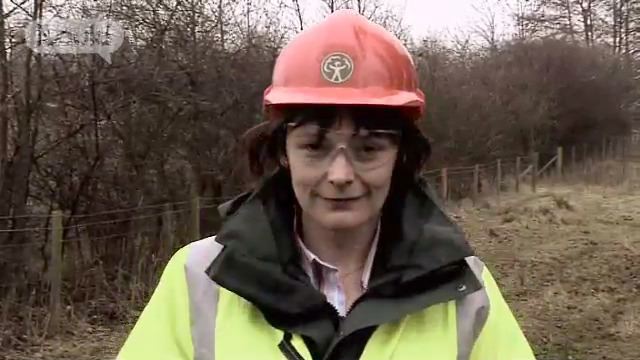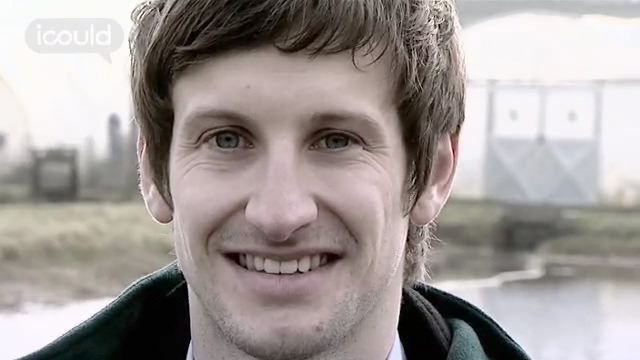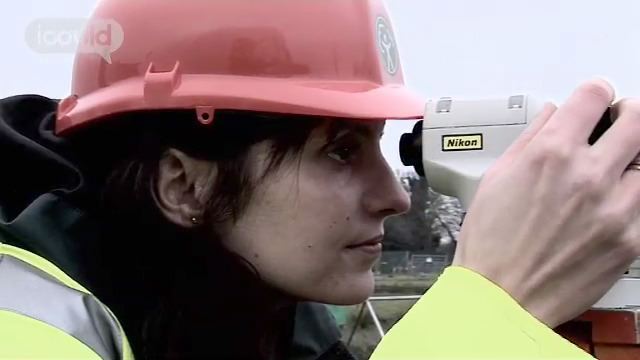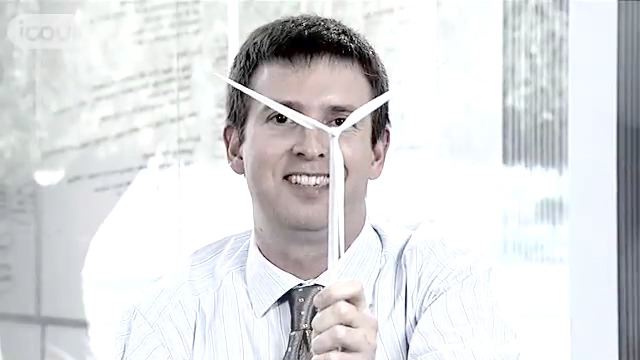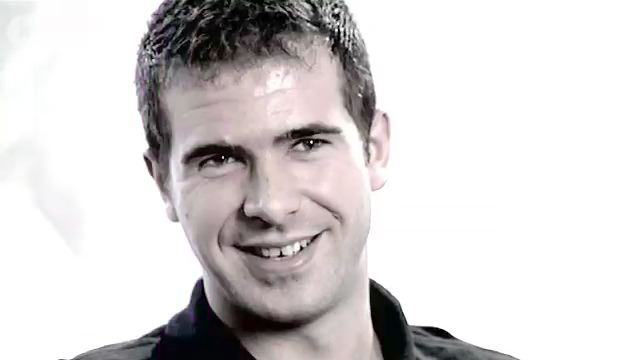Environmental Scientist
E.ON
Joanne F
00:00:03 I’m Joanne F, and I work at E.ON Engineering, and I’m a graduate environmental specialist, majorly working on compliance support for the power stations with the environmental registration at a UK level. My biggest project to date, which I’m very proud of, and a big achievement for me, is working on the environmental impact assessment for a brand new 150 Megawatt biomass pump that we’re building. And we’re putting together a super huge document that tells everybody what the – like the environmental impacts are. We put that in with our planning application and hopefully, fingers crossed, sort of within a year or two years down the line, we’ll be building this new magnificent power station.
00:00:39 When I was at school I did Science A levels. And originally my interest was in Genetic Engineering. I did actually originally apply to about five or six Universities to do Genetic Engineering, and one of them was Leeds University. And it was a new course there and it was fully subscribed, but they had a place on a course called Chemical Process Technology, which my careers teacher said – well that’s got plant engineering in it, and so that’s kind of like genetics. And then I found out subsequently that it meant power plants, and not plants as in the type that grow out of the ground. So it was a bit of a struggle when I sort of first got to University, and realised that my degree was totally different to the one that I’d expected to be doing.
00:01:18 I then went on to do a second degree, because I really enjoyed the environmental aspects of the previous degree. I had a super personal tutor, and he encouraged me to take an industrial placement, because he said hands on experience is the best that you can get. And they had one placement over in – it was at Power Technology at the time it was called – and it was just when they were going through the rebranding from Powergen to E-on, and I knew there was a placement available, and that was in environmental management at their centre of excellence here. So I applied, and luckily was successful, I don’t know how, ’cause I really bummed out in the interview!
00:01:55 The culture at E-on was something that really drew me back here, because originally I hadn’t planned on moving too far away from Manchester, which is where I’m originally from, because I have a lot of friends and family up there. But the people here were so welcoming and really fun guys to get along with in the office, we have a lot of banter and stuff, so when I was – when I was on my placement and they asked me if I wanted to take a graduate assessment centre, I sort of bit their hand off. When I went back for my final year at University, I was secure in the knowledge that I had a job here. You know when you come into work on the first day and you think – you’re worried about your work performance, but when it gets to lunchtime you think – Oh I’ve got nobody to sit with at lunchtime. And it’s nice when somebody comes and taps you on the shoulder and says Come on, I’ll introduce you to the rest of the team and we’ll go and get something – a bite to eat together. And so, you know, there’s always somebody that will help you out.
00:02:00 The turning point in my life to date – recently, lost my Grandmother, who I loved very much, and I’m very close to my family. So again it’s sort of a big upheaval in your life but, you know, E-on were here and they were supporting me in the background, and gave me all the leave that I needed, so I’ve come to terms with that. But I’m really quite young, only 28, not that much has happened to me yet that I could say was major, but I’m certainly enjoying what’s been thrown at me so far.
00:03:12 My family are definitely my biggest inspiration. They’ve always said, you know, just do your best and that’s all you can do, but then give me a clip round the ear if I wasn’t doing it, so – I think my Grandma’s probably been a very big influence, because she had a family of seven children, and she brought them up as a single mother after she’d lost her husband. And she’s lived through a World War, and she’s worked hard – hard graft all her life so she you know – she’s the kind of woman where you think well she’s never grumbled all her life, I can’t really grumble at the fact that, you know, I feel a bit skint now and then, or work’s a bit hard for me, because it – I know that it was one hundred percent a lot easier for me than it has been for her.
00:03:52 I’m looking to work towards Chartership over the sort of next five years. I’m certainly very happy working at E.ON Engineering, so I’ve no plans to leave and go anywhere else, ’cause I’ve been treated so well in the first instance. And I sort of feel like there’s something new being thrown at me every day so why – why change?
00:03:45 ENDS
Keen scientist, Joanne F, was disappointed when Genetic Engineering at Leeds was oversubscribed. Studying Chemical Process Technology, and a further environmental degree (involving a one year work placement with E.ON), has led to a successful and fulfilling career with great prospects. Inspired by family, Joanne is relishing her current role at E.ON as an Environmental Specialist.
More information about Environment professionals
The UK average salary is £29,813
There are 37.5 hours in the average working week
The UK workforce is 47% female and 53% male
Future employment
- Identifies contamination of land, air or water and assesses any adverse impact on the environment;
- Advises on and provides solutions for mitigating the effects of such contamination;
- Implements remediation works;
- Carries out environment-related desk-based research and fieldwork to collect, analyse and interpret data to determine their validity, quality and significance;
- Carries out environmental audits and environmental impact assessments;
- Communicates scientific and technical information to relevant audiences in an appropriate form, via reports, workshops, educational events, public hearings;
- Assists organisations to conduct their activities in an environmentally appropriate manner;
- Implements, reviews and advises on regulatory and legislative standards, guidelines and policies;
- Provides professional guidance to clients, government agencies, regulators and other relevant bodies, having regard for sustainable approaches and solutions.
